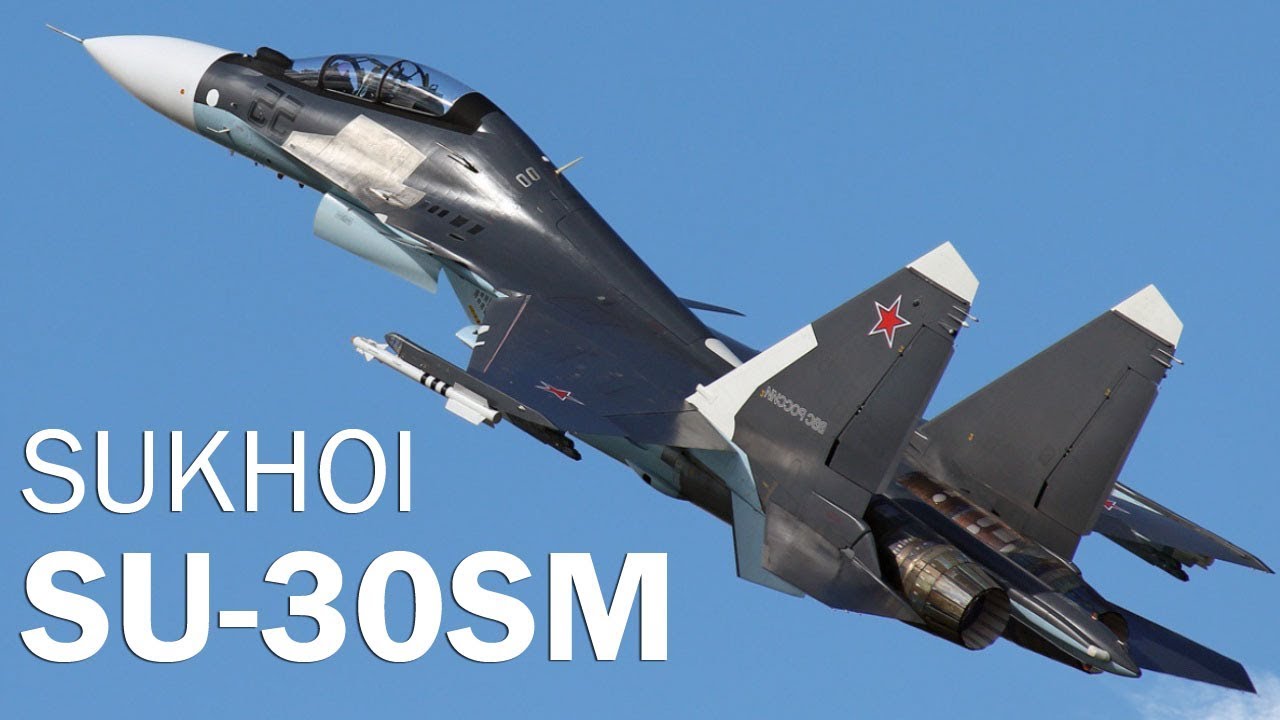A key Russian aircraft manufacturer is buying back its equipment from foreign customers by spending millions in what appears to be a bid to reinforce the Russian military amid a burgeoning domestic demand due to the Ukraine War.
A Russian aircraft manufacturer named ‘Irkut,’ which produces Su-30 fighter jets, has repurchased its military hardware previously sold to overseas partners. The repurchase of this equipment amounted to more than $400 million in 2022 and 2023, according to recent reports that have appeared in Russian and Ukrainian media.
Irkut, which changed its name to Yakovlev Corporation in 2023, manufactures Yak-130 trainer aircraft and civilian liners SSJ-100, MS-21, Tu-214, Il-96, and Il-114 in addition to the Su-30. Russian forces have extensively deployed the Su-30 fighter, the company’s primary military product, against Ukraine.
A Dutch open-source intelligence site ‘Oryx,’ which keeps track of equipment losses in the ongoing war, said that Russia lost 11 Su-30 aircraft against Ukraine.
The repurchase of equipment by this Russian manufacturer has given the impression that Russia is prioritizing its domestic needs over exports as the protracted conflict in Ukraine continues to strain its resources.
The issue has become more complex with international sanctions on the Russian defense industry, which has impacted the production and import of crucial spare parts.
Irkut was sanctioned by the U.S. in June 2022, along with other defense manufacturers based in Russia. “Irkut was designated under E.O. 14024 for operating or having operated in the defense and related materiel sector and the aerospace sector of the Russian Federation economy. Irkut is also sanctioned by Canada, New Zealand, and Switzerland,” a U.S. treasury notice from the time stated.
Some reports suggest that the company started buying back its equipment long before the invasion was launched in February 2022. According to the Moscow Times, the peak of Irkut’s purchases of its military equipment abroad occurred in 2021, when $581 million was spent for this purpose.
The total value of imports was $322.3 million in 2022 and $95.1 million in 2023. Irkut purchased the radar apparatus and programmable controllers for the military aircraft from its overseas customers.
The specific names of most of the equipment have reportedly been concealed, and they appear as “military equipment” in the declarations.
Explaining the reasons for Irkut’s purchases, military analyst David Sharp told the Moscow Times, “Combat aircraft, that is, Su-30, Su-34 and Su-35, the Russian military-industrial complex can produce only dozens per year. A fighter is not a shell, it’s just impossible to rivet it immediately. This is a long-term construction of each aircraft, it’s a lot of money, it’s all sorts of narrow necks, where important components cannot be produced very quickly.”
Irkut made headlines earlier this year when a media investigation by Radio Free Europe/Radio Liberty stated that the manufacturer continued obtaining Western aviation parts and components despite sanctions imposed on it. Some of these parts were understood to be used in the Su-30.
Along with Irkut, NPO Mashinostroenie (which makes missiles) and NPP Automated Measuring Complexes (which manufactures navigation systems and measuring equipment) imported military equipment for a combined $25 million in 2021–2023. Since 2021, a little over a billion dollars have been spent on these imports.
The sellers were the Asian and African nations: Bangladesh ($352 million), Algeria ($255 million), Burma ($150 million), Vietnam ($63 million), Laos ($89 million), and Malaysia ($14 million). These nations had previously been prominent buyers of weaponry from Russia.
While some manufacturers have been accused of buying back equipment from foreign buyers, there are also reports that production in Russia is in full swing as Western countries expand their military aid to Ukraine.

Arms Production In Russia In Full Swing
Russia’s defense minister Sergei Shoigu ordered an increase in weapon production and stated that supplies for the conflict in Ukraine needed to happen more quickly, a week after U.S. President Joe Biden approved billions of dollars in new military aid for Kyiv last month.
On April 24, Biden signed a bill into law that provides Ukraine an extra $61 billion in aid, along with a variety of artillery, rocket systems, anti-tank weapons, and ammunition.
Responding to this assistance, Russian Defence Minister Sergei Shoigu said in a meeting with top military brass that the volume, quality, and speed of arms production needed to be increased. “To maintain the required pace of the offensive …, it is necessary to increase the volume and quality of weapons and military equipment supplied to the troops, primarily weapons,” Shoigu said.
Shoigu was seen evaluating drones and other weaponry and offering his suggestions for enhancements. He noted that industrial businesses were advised to shorten production times, while repair units at the front — in the east and south of Ukraine — and at the back had been instructed to increase their productivity.
Video of Sergei Shoigu with Gerasimov during a visit to the Joint Group of Forces HQ being shown Mavic and FPV munitions and three-linked PKT machine guns with a large collimator optic for countering UAVs.https://t.co/wvRmEetZjU pic.twitter.com/yyQlWHdWhe
— Rob Lee (@RALee85) May 1, 2024
Reports published in February 2024 stated that over the past two years, Russia has seen a significant increase in industrial production that has exceeded the expectations of many Western defense experts.
To maintain the Russian war machine for the future, supply chains have been redesigned to secure many essential inputs and avoid sanctions. Factories producing ammunition, vehicles, and equipment operate around the clock, frequently on mandatory 12-hour shifts with double overtime. The total defense spending has increased to an estimated 7.5% of Russia’s GDP.
With the Ukraine War into its third year, European war planners are concerned about Russia’s military spending, which is expected to be the highest as a percentage of GDP this year since the collapse of the Soviet Union. They claim that NATO had overestimated Russia’s capacity to fight a protracted war.
- Contact the author at sakshi.tiwari9555 (at) gmail.com
- Follow EurAsian Times on Google News